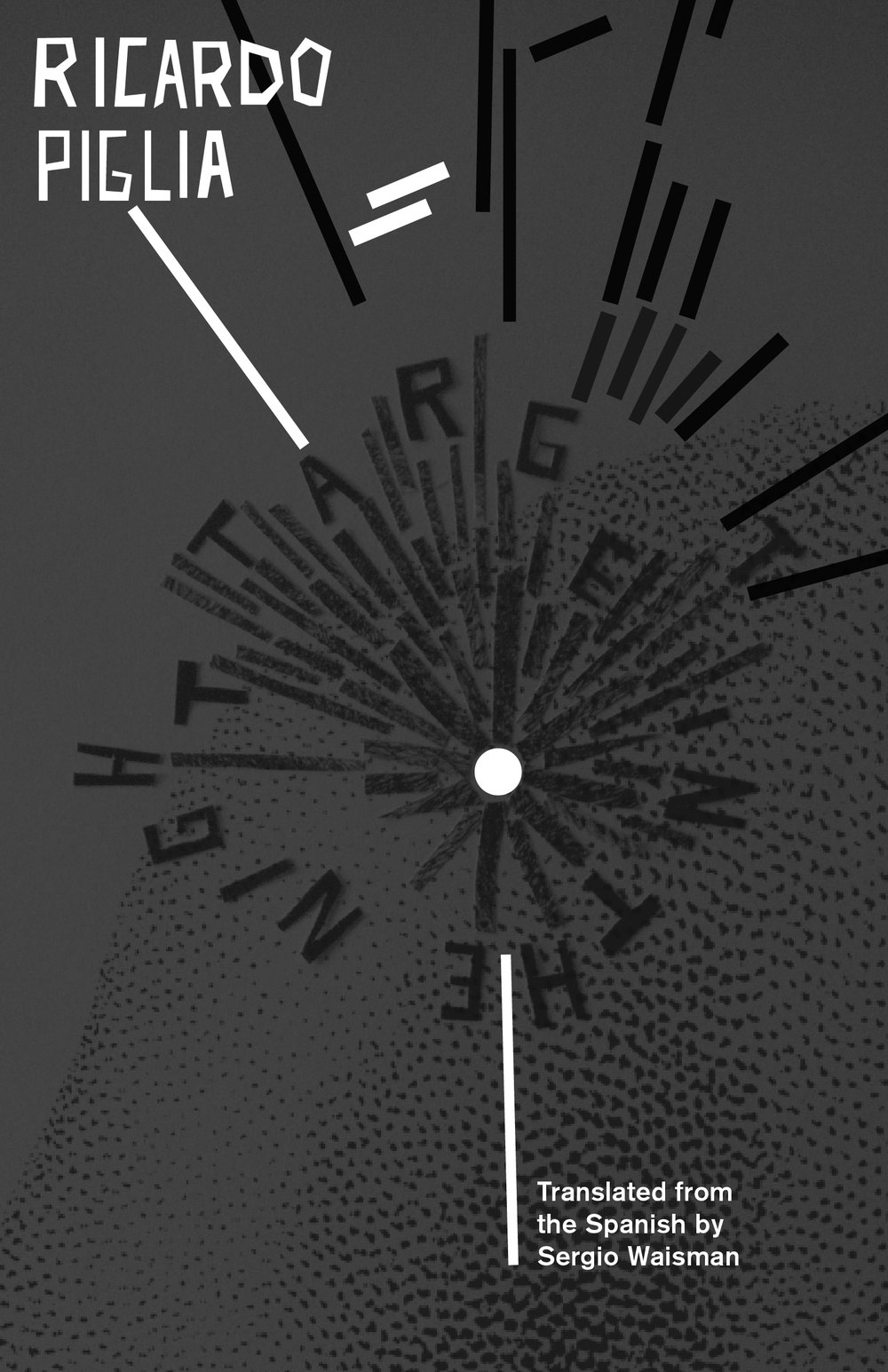The Diaries of Emilio Renzi: Formative Years
“Cognizant of his impending death, Piglia, the Argentine titan of letters who died of A.L.S. in January, prepared his 327 notebooks for publication in a trilogy…. Splendidly crafted and interspliced with essays and stories, this beguiling work is to a diary as Piglia is to “Emilio Renzi”: a lifelong alter ego, a highly self-conscious shadow volume that brings to bear all of Piglia’s prowess as it illuminates his process of critical reading and the inevitable tensions between art and life.” —Mara Faye Lethem, The New York Times Book Review
A giant of contemporary Latin American literature, Argentine novelist Ricardo Piglia’s secret magnum opus was a compilation of 327 notebooks that he composed over nearly six decades, in which he imagined himself as his literary alter ego, Emilio Renzi. A world-weary detective, Renzi stars in many of his creator's works, much like Philip Roth's Nathan Zuckerman. But the Renzi of these diaries is something more complex—a multilayered reconstruction of the self that is teased out over intricate, illuminating pages.
As Piglia/Renzi develops as a reader and writer, falls in love, and tussles with his tyrannical father, we get eye-opening perspectives on Latin America’s tumultuous twentieth century. Obsessed with literary giants—from Borges and Cortázar (both of whom he knew), to Kafka and Camus—The Diaries comprise a celebration of reading as a vital, existential activity.
When Piglia learned he had a fatal illness in 2011, he raced to complete his mysterious masterwork as rumors about the book intensified among his many fans. First released in Spanish as a trilogy to tremendous applause, The Diaries of Emilio Renzi cements Piglia’s place in the global canon.
About the Author:
Ricardo Piglia (Buenos Aires, 1940–2017), professor emeritus of Princeton University, is unanimously considered a classic of contemporary Spanish-language literature. He published five novels, including Artificial Respiration, The Absent City, and Target in the Night, as well as collections of stories and criticism. Among the numerous prizes he received were the Premio de la Crítica, Premio Rómulo Gallegos, Premio Bartolomé March, Premio Casa de las Américas, Premio José Donoso, and Premio Formentor de las Letras.
About the Introducer:
Ilan Stavans is the Publisher of Restless Books and the Lewis-Sebring Professor in Latin American and Latino Culture at Amherst College. His books include On Borrowed Words, Spanglish, Dictionary Days, The Disappearance, and A Critic’s Journey. He has edited The Norton Anthology of Latino Literature, the three-volume set Isaac Bashevis Singer: Collected Stories, The Poetry of Pablo Neruda, among dozens of other volumes. He is the recipient of numerous awards and honors, including a Guggenheim Fellowship, Chile’s Presidential Medal, and the Jewish Book Award. Stavans’s work, translated into a dozen languages, has been adapted to the stage and screen. He hosted the syndicated PBS television show Conversations with Ilan Stavans. He is a cofounder of the Great Books Summer Program at Amherst, Stanford, and Oxford.
About the Translator:
Robert Croll is a writer, translator, musician, and artist originally from Asheville, North Carolina. He first came to translation during his undergraduate studies at Amherst College, where he focused particularly on the short fiction of Julio Cortázar.



